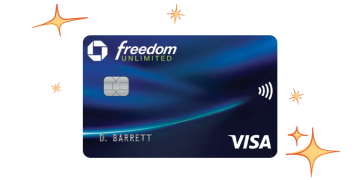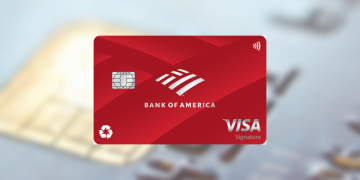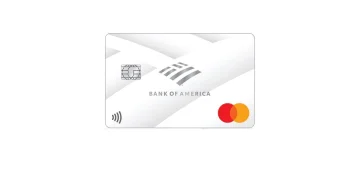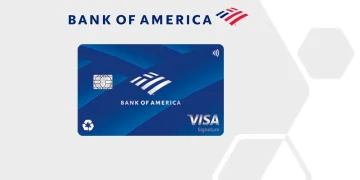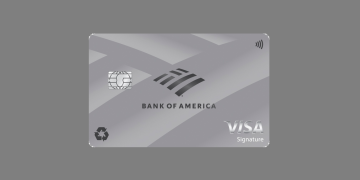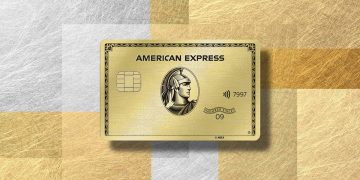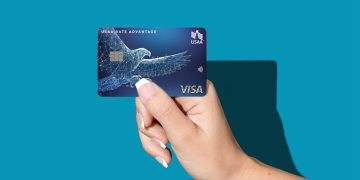The USAA Advantage Credit Card offers a low variable APR, no annual fee, and extended warranty protection, making it an affordable choice. It also provides special benefits for military members and their families, such as reduced rates and tailored financial programs, enhancing value and peace of mind for users.
